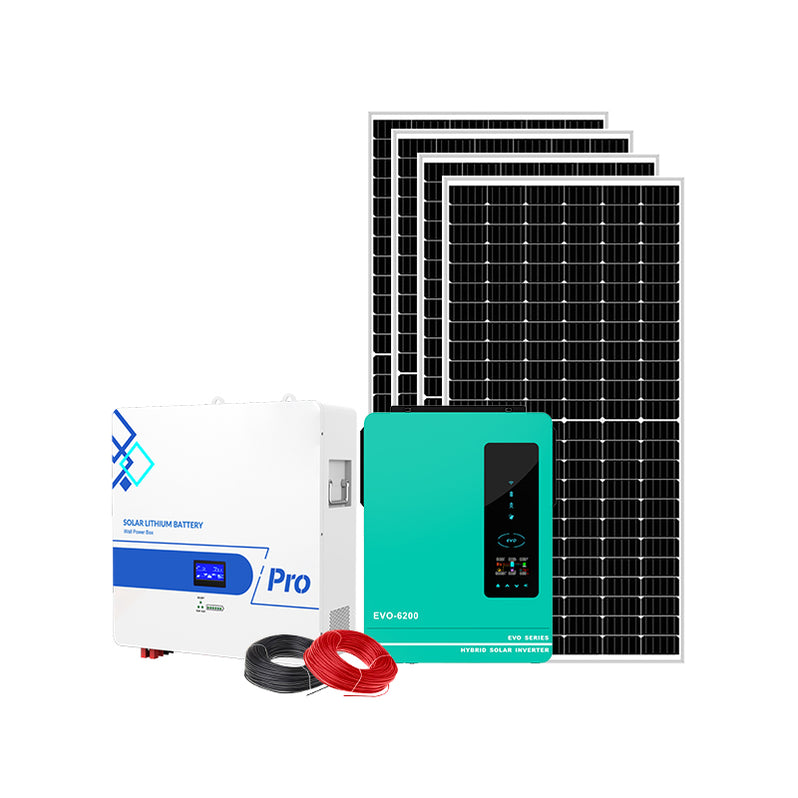Unlock the Secrets: What You Must Know Before Investing in Solar Power for Your Home!
As the world increasingly shifts towards sustainable energy, residential solar systems have gained remarkable popularity among homeowners. These systems not only help reduce energy bills but also contribute to a greener planet. However, before making the leap into solar energy, it's crucial to understand the various factors that influence your investment. This article will guide you through essential considerations like comparing prices, understanding different brands, and evaluating services, ensuring you make an informed decision that meets your energy needs.

Understanding Residential Solar Systems
A residential solar system is a setup that converts sunlight into electricity for home use. At its core, the system includes solar panels, which capture sunlight and convert it into direct current (DC) electricity. This electricity is then sent to an inverter, which transforms it into alternating current (AC) electricity – the type used by most household appliances. Depending on the system, homeowners may also incorporate batteries to store excess energy for use during cloudy days or at night. My friend Sarah recently installed a solar system and was amazed at how quickly it started generating energy, significantly reducing her utility bills.
Factors to Consider When Comparing Solar Systems
When exploring residential solar systems, several key factors warrant your attention. Efficiency is crucial; it measures how well a panel converts solar energy into usable electricity. Warranties are also significant, as they provide peace of mind regarding the longevity and performance of your investment. Additionally, installation services can vary widely, impacting the overall experience and satisfaction. For instance, my neighbor had a frustrating experience with a poorly executed installation, which affected his system's performance. Choosing a company with a solid reputation for installation can greatly influence your satisfaction with the system.
Cost Considerations and Financing Options
The costs associated with residential solar systems can vary significantly based on several factors, including the size of the system, brand, and installation complexity. Homeowners should consider installation fees, maintenance costs, and potential savings on energy bills over time. Many states offer incentives and rebates, which can help offset initial costs. Financing options such as solar loans or leases can also provide flexibility, making solar energy more accessible. A friend of mine opted for a solar loan, and the reduced monthly energy expenses made the payments manageable, showcasing how financing can ease the transition to solar power.
Choosing the Right Service Provider
Selecting a reliable solar service provider is essential for a successful solar installation. Start by researching customer reviews and testimonials, as they offer insights into the company's reputation and service quality. Certifications and licenses indicate that the provider meets industry standards. Additionally, consider the level of customer support offered; a provider that is readily available to address your questions and concerns can make your journey smoother. When my brother was looking for a provider, he found that those with strong customer service ratings delivered better overall experiences.
Common Myths About Residential Solar Power
Despite the growing acceptance of solar power, several myths persist that can deter homeowners from investing. One common misconception is that solar systems are too expensive and only suitable for sunny climates. In reality, many systems are designed to be efficient even in less-than-ideal conditions, and financing options can make them affordable. Another myth is that solar panels require extensive maintenance; in truth, they are relatively low-maintenance, needing only periodic cleaning and inspection. Dispelling these myths is crucial for homeowners considering a solar investment.
Empowering Your Solar Investment Journey
Investing in a residential solar system can be a rewarding decision for both your wallet and the environment. By understanding the components of solar systems, considering essential factors like efficiency and warranties, and choosing the right service provider, you can make an informed choice that meets your needs. Additionally, being aware of cost considerations and debunking common myths will empower you to approach solar energy confidently. Take the time to research and evaluate your options, and you’ll be well on your way to harnessing the power of the sun.







